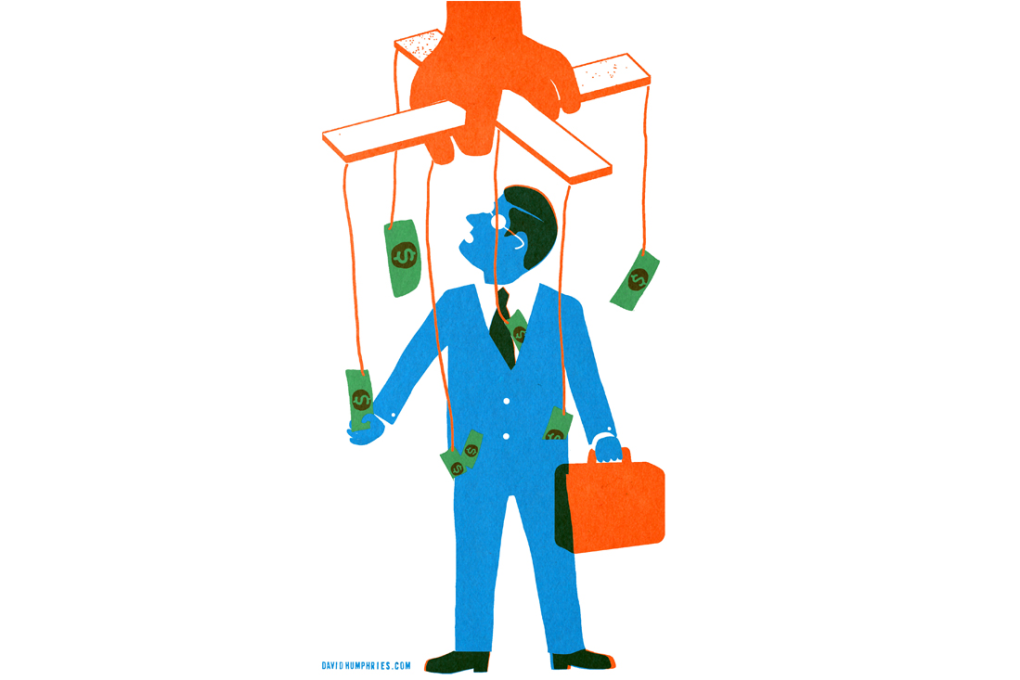Dual-class share structures would be ill-advised in Hong Kong
Robert Boxwell says dual-class share structures overly favour hi-tech types and don't protect investors adequately,and the Hong Kong stock exchange would be ill-advised to allow them

When historians look back 100 years from now to explain how capitalism went off the rails, Exhibit A will be a list of events from the past 20 years: the pump and dump of inflated dotcom shares in the 1990s before the bubble burst; hedge funds and spendthrift governments collapsing currencies and obliterating the savings of millions in the Asian financial crisis; Enron et al; rampant insider trading in markets everywhere; Wall Street bankers bringing the world to its knees in 2008-09, then making their shareholders pay billions to keep themselves out of prison; Libor cheats; foreign-currency cheats; tax cheats; and an oil market manipulation case currently winding its way through a New York court … It's easier than you think.
Another of these regular screwings of investors - dual-class shareholding structures - has crept into the United States markets and somehow, irrationally, the Hong Kong Exchanges and Clearing is feeling less competitive because it doesn't allow this particular kind of screwing - which it calls one of the "currently acceptable standards in the marketplace".
Much of the hand-wringing has taken place since Hong Kong lost the Alibaba IPO to New York last year because it wouldn't lower its standards and allow Jack Ma and a cabal of fellow insiders to run the company without oversight. Looking out and seeing more mainland companies planning to list with dual-class structures and feeling Hong Kong ought to be their natural home, HKEx is considering changing the rule. In a concept paper, it notes that 21 of the 30 mainland companies that have listed in the US with dual-class shareholdings are information technology companies, and it cites four examples, including Alibaba.
It sounds like a race to the bottom. Is there any honest, sane person who really believes investors need less protection, not more, from investment bankers and the self-proclaimed genius founders of tech companies?
The heart of capitalism, as every investment banker running an IPO knows, is matching businesspeople and their ideas with institutions and savers who have the cash to back them. The bond between them has always been an agreement that the businesspeople will be held accountable for the privilege of using other people's money. Dual-class shareholding structures, in which insiders control the company without holding a majority of the shares, break this bond. "Thanks for your money, now shut up," is the effect.
Let's be honest. The only reason investors accept structures like this is because they think getting in on the IPO of a huge-growth tech company will give them a big financial pop after the listing, which is often true. But after that, the hard business of running the company still exists, and shareholders have no say in it.
Would Apple would have survived the Steve Jobs of the 1980s? He didn't go willingly in 1985 when he was 15 years away from stumbling across the company-saving iPod. In the early '90s, the Mac - as one of Apple's senior managers characterised it in a popular Harvard Business School case - "was on a glide path to history".